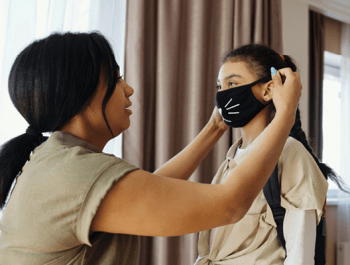Health literacy is the degree to which individuals have the ability to find, understand, and use information and services to inform health-related decisions and actions for themselves and others.1 Nearly half of U.S. adults read between a 7th- and 8th-grade reading level, but health information is often delivered at a 10th-grade level or higher.2 October is […]
Selected Resources to Recognize Health Literacy Month







